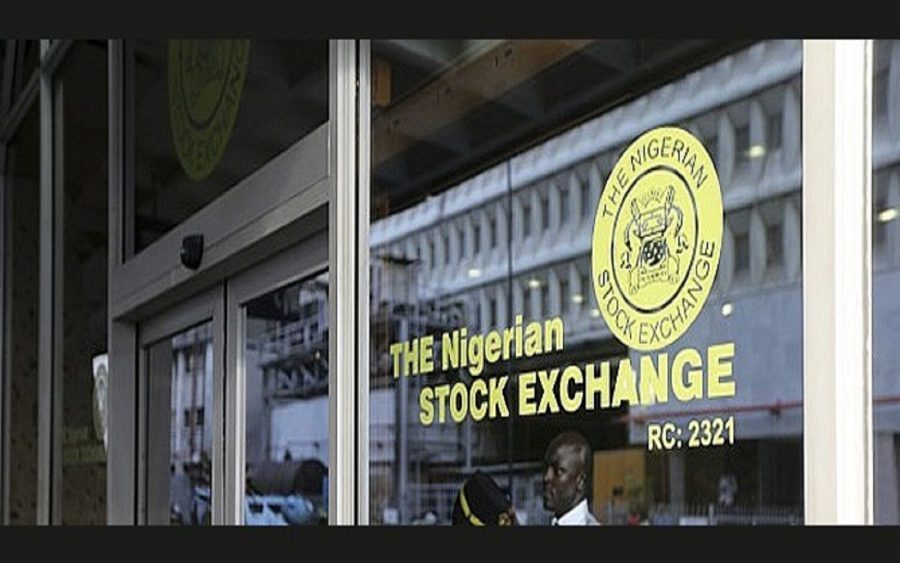The Nigerian stock market experienced a significant decline on Wednesday, with a loss of N324 billion, marking the first major drop of the week. The market capitalisation of the Nigerian Exchange Limited, which started the day at N89.696 trillion, fell by 0.36 percent to close at N89.372 trillion. Similarly, the All-Share Index decreased by 0.36 percent, or 512.60 points, to end the day at 141,248.76, down from the previous day’s close of 141,761.36.
The downturn was largely driven by losses in 40 stocks, including Cornerstone Insurance, RT Briscoe, ABC Transport, NGX Group, and Mutual Benefits. In contrast, 17 stocks recorded gains, with Deap Capital Management and Legend Internet reversing their losses from the previous day to lead the gainers. The market breadth was negative, reflecting the higher number of losing stocks.
A detailed analysis of the market activity revealed an increase in the volume and value of trades, with 682.9 million shares worth N22.2 billion changing hands across 28,695 transactions. This represents a rise from the 605.02 million shares valued at N12.89 billion that were traded on Tuesday, although the number of transactions declined slightly. FCMB Group was the most active stock in terms of volume, with 108.5 million shares valued at N1.19 billion.
The decline in the Nigerian stock market is a notable development, coming after a period of relative stability. The market’s performance is closely watched by investors and analysts, as it provides insight into the overall health of the economy. The Nigerian Exchange Limited is one of the largest stock exchanges in Africa, and its performance can have significant implications for the country’s economic growth and development.
The increase in market volume and value, despite the decline in transactions, suggests that investors remain active and engaged in the market. However, the negative market breadth and the significant loss in market capitalisation are causes for concern. As the market continues to evolve, it is likely that investors will be closely monitoring the performance of key stocks and the overall trend of the market. The next few trading sessions will be crucial in determining the direction of the market and the potential impact on the broader economy.
